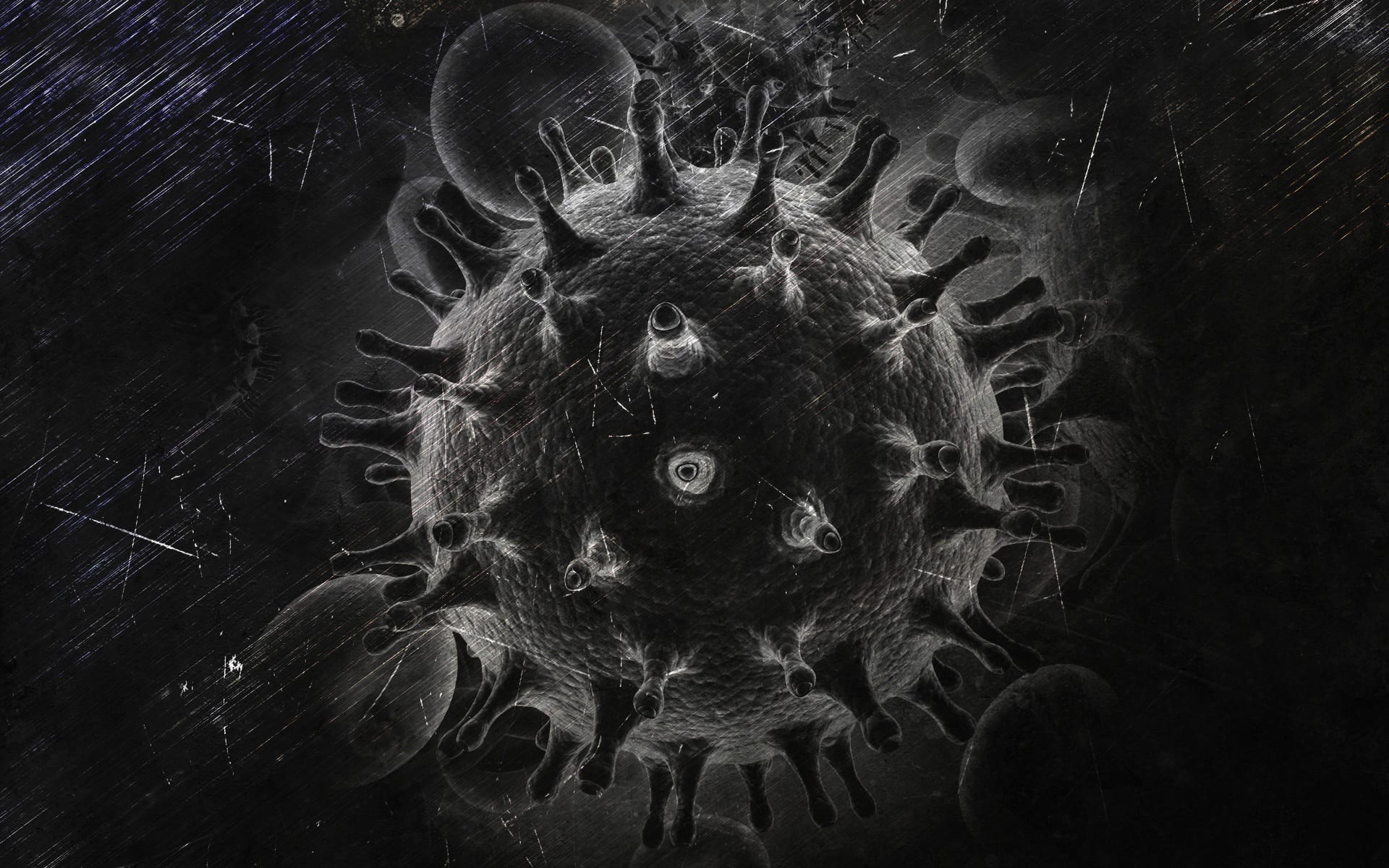The association between HIV and marijuana isn’t new.
If you have HIV, the thought of using marijuana to treat your illness might have crossed your mind. The primary treatment for HIV is antiretroviral therapy, as the AIDS virus causes HIV.
While marijuana may not help combat the virus itself, it may help ease HIV-induced symptoms, such as vomiting, exhaustion, and nerve pain.
People have been using marijuana for many HIV-related complications since the conception of the disease. The medicinal plant has shown promise to treat symptoms of HIV wasting syndrome and side effects resulting from antiretroviral medications.
While modern drugs have helped manage many of the symptoms prevalent in people living with HIV, patients still use marijuana as a part of a holistic treatment to curb anxiety, pain, and weight loss, among other HIV issues.
Recently, new research has surfaced suggesting marijuana may provide long-term protection against the disease and even prevent its progression to a certain degree.
So, what is the truth? Is marijuana beneficial for HIV patients or not? Here’s a comprehensive guide to nudge you in the right direction:
History Of Marijuana Use for HIV
In the Mid-1980s, HIV wreaked havoc on public health. Most carriers of the disease didn’t survive or were stricken with severe illness. Early HIV drugs weren’t only ineffective; they also subjected patients to adverse side effects.
To make things worse, people with the condition had a higher chance of contracting other illnesses, such as skin cancer, dementia, and HIV wasting syndrome. Out of these, marijuana was first used to treat the last symptom — HIV wasting syndrome.
Doctors who had no clue how to tackle the disease suggested that marijuana may possess appetite enhancing capabilities that could fight rapid weight loss, which is an integral component of HIV infections.
However, since marijuana wasn’t legal back in the 80s, doctors decided to prescribe an alternative marijuana-based drug called Marinol instead of the plant.
Marinol is made from a cannabinoid compound found in the cannabis plant called tetrahydrocannabinol or THC. THC induces a high and may cause negative psychoactive effects, such as delirium and paranoia.
While Marinol showed promise in curbing the effects of HIV wasting, seasoned cannabis users still preferred the instant high they got from inhaling a few puffs of a weed joint.
Marijuana and HIV Nerve Pain
In Peripheral neuropathy, some nerves in the central and peripheral nervous system get damaged. This causes stabbing, itching, and weird sensations in hands and feet. Sometimes, antiretroviral medications can cause it.
HIV also attacks the immune system, which increases an individual’s susceptibility to other viral and bacterial diseases that, in turn, contribute to peripheral neuropathy.
Marijuana science is still in its infancy. There’s not enough evidence to indicate CBD helps with nerve pain, but some studies paint a promising picture.
One such study showed that most people who had HIV and who used marijuana reported a significant improvement in nerve pain.
Another critical review published in a reputable journal found THC in marijuana to alleviate cancer-associated nerve pain. From this, it can be surmised that marijuana may perform a similar duty for HIV patients as well. However, we need more research to validate this claim.
Marijuana and HIV Weight Loss
Rapid weight loss or wasting is a common element of HIV infections. Because your appetite takes a hit and you can’t stomach a single morsel of bread without vomiting, you fail miserably short of your daily caloric needs. This results in exponential loss of body mass.
One study revealed that CBD improved consumer appetite due to which the FDA endorsed dronabinol, a THC-based drug, to treat HIV-induced appetite suppression.
Marijuana and Lung Health
Smoking any substance is harmful to lung health. Marijuana is the same. Its smoke dispels the same harmful ingredients tobacco does. This includes dangerous carcinogens and toxins.
Scientific evidence suggests marijuana can exacerbate underlying bronchitis complications, such as phlegm, bad breath, wheezing, and coughing (most of the things you experience in a common cold).
Furthermore, marijuana harms the immune system, which is already compromised by the HIV.
The smoke depletes your lungs’ ability to get rid of dust and germs, leading to the accumulation of excess mucus. This increases your vulnerability to respiratory infections and suppresses your immune responses.
Therefore, it’s in your best interest to use tinctures, oils, capsules, and other marijuana products to treat HIV instead of using vapes and joints. Your doctor can help you decide which delivery system is best in your interest by analyzing your situation.
Marijuana And Antiretroviral Medications
We don’t know this for sure yet.
One study found marijuana to decrease antiretroviral use in patients. Those who used marijuana didn’t visit the doctor as much, and their use of conventional medications also reduced.
Another study reported marijuana to have no significant effect on HIV infections. Given the mixed nature of scientific evidence, more conclusive data can state a well-rounded and affirm opinion.
Marijuana for HIV and Legalization
The support for using Marijuana for HIV is loud and resonant. However, science is still tentative.
Many legal obstacles have become stumbling blocks in the smooth progression of marijuana research in clinical settings. In comparison, researchers have studied the use of Marinol in great depth.
A 2016 study found Marinol to spark appetite and normalize weight in people with advanced HIV wasting. The study participants reported a 1% increase in lean muscle mass after taking Marinol for a month.
By contrast, we don’t have enough research showing marijuana’s efficacy to produce the same results.
A lot of existing evidence touts Marinol as a potent agent to gain weight. Despite this, HIV patients prefer to smoke marijuana and enjoy the high to manage their conditions for one reason or another.
Today, modern medicine has shifted HIV treatment towards anabolic drugs like HGH and testosterone and appetite stimulants. Marijuana is also sometimes part of this new protocol. However, while some individuals experience an improvement in HIV wasting symptoms with the plant’s use, others don’t.


